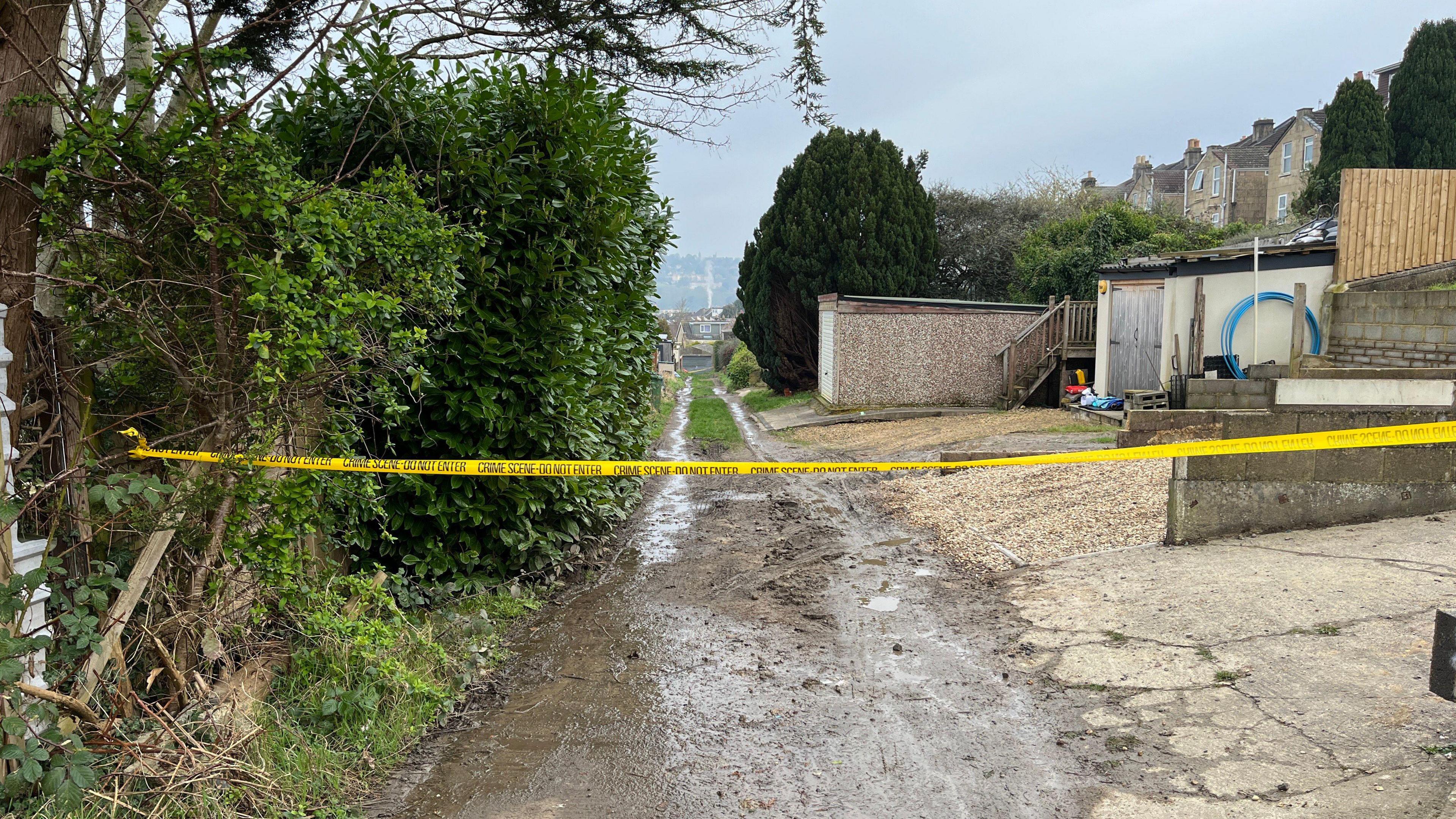Knife crime in the spotlight - what would parties do?
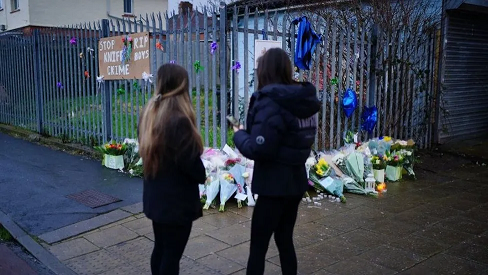
There has been more than four incidents relating to knives of sharp objects reported to Avon and Somerset Police per day
- Published
Several incidents of knife crime in Bristol and surrounding towns have brought the issue into the spotlight during the general election campaign.
Within the past few weeks there have been stabbings in Bristol, Keynsham and Weston-super-Mare.
Between January to December in 2023, 1,485 incidents relating to knives or sharp objects were reported to Avon and Somerset Police, according to the Office of National Statistics. That works out to around four every day, and is an increase of 24% compared to the previous year.
So what would each political party do about the problem?
We've spoken to candidates from across the Bristol and Somerset area to tell us what their party would do to tackle the issue.
Wera Hobhouse - Liberal Democrat
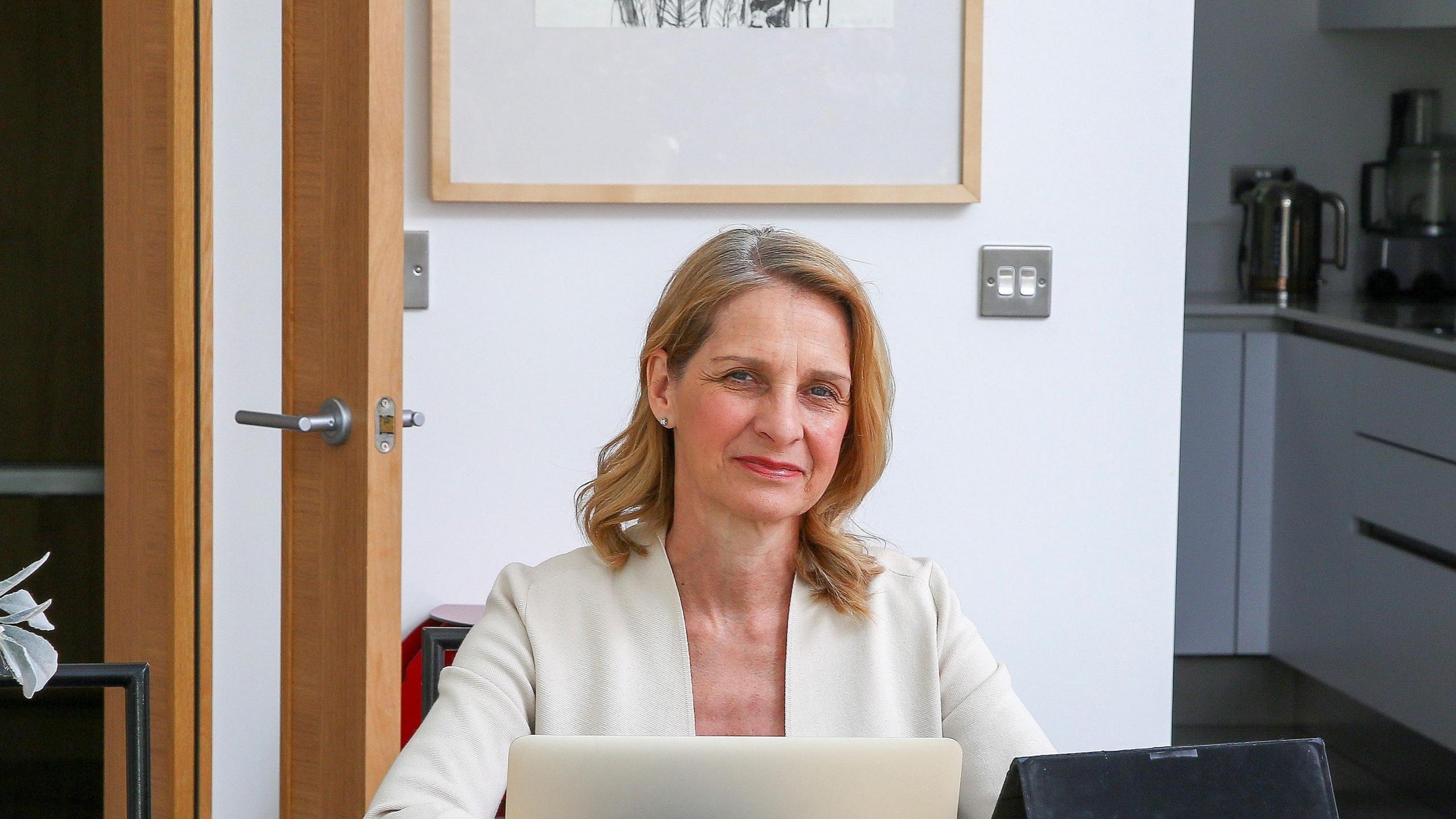
Wera Hobhouse says a "public health response" is needed
Wera Hobhouse believes a "public health approach to this epidemic of youth violence" is needed.
"This means that the police, schools, social services and parents all need to work together to tackle this," she said.
"But the main thing is that we are recognising the vulnerability of these young people who are falling into crime."
More money needs to be spent on youth centres and supporting young people, she added.
"Youth services have been cut to almost nothing," she said. "Local authority funding over the years has seen savage cuts.
"We need a mandatory duty to restore these services to prevents them from falling into gang life, and things that are incredibly dangerous to themselves."
She added that tackling the numbers of children excluded from schools was needed.
"That is often the first path into a life of disruption and crime," she said. "School is a good place for young people to be, particularly the most vulnerable.
"Excluding them is often the worst thing that can happen to them."
Kerry McCarthy - Labour
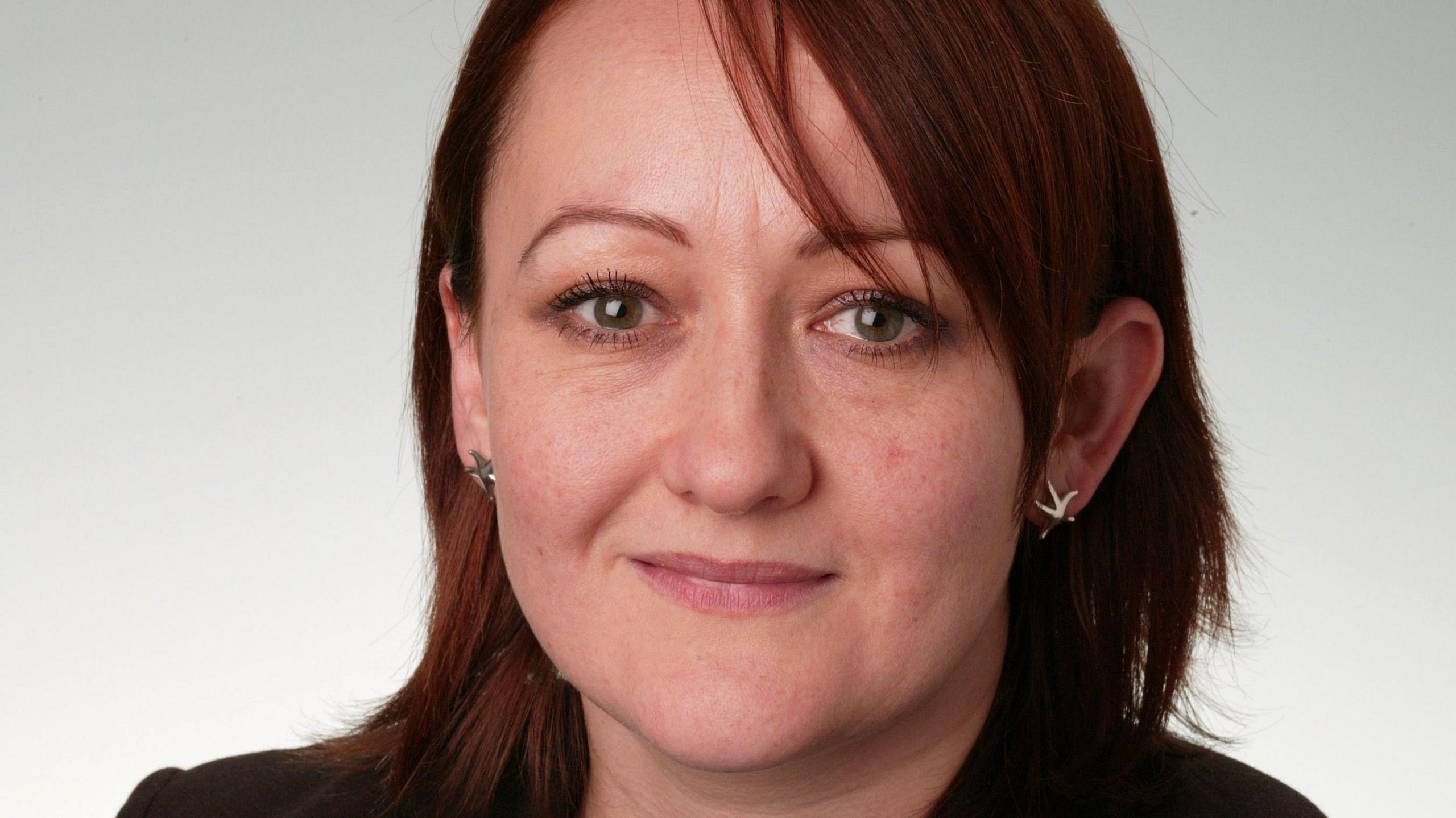
Kerry McCarthy has been an MP for 19 years
Kerry McCarthy said Labour wants a boost to neighbourhood police officers.
"The PCSOs are often the ones that are out and about the most talking to people in the local community, getting a sense of where problems might arise and who the personalities are," she said.
"Particularly with young people, it's getting that sense of where young people might be at risk of getting involved in things that would eventually lead to being involved with knife crime."
Labour has also launched a five-point knife crime action plan including proposals to be "tougher" on offenders. Any young person found carrying a knife would be referred to a youth offending team, she added.
"Serious penalties" such as curfews, tagging, behavioural contact contracts, and custody could be used.
Labour hopes to introduce new rules to make buying zombie knives online illegal.
John Penrose - Conservative
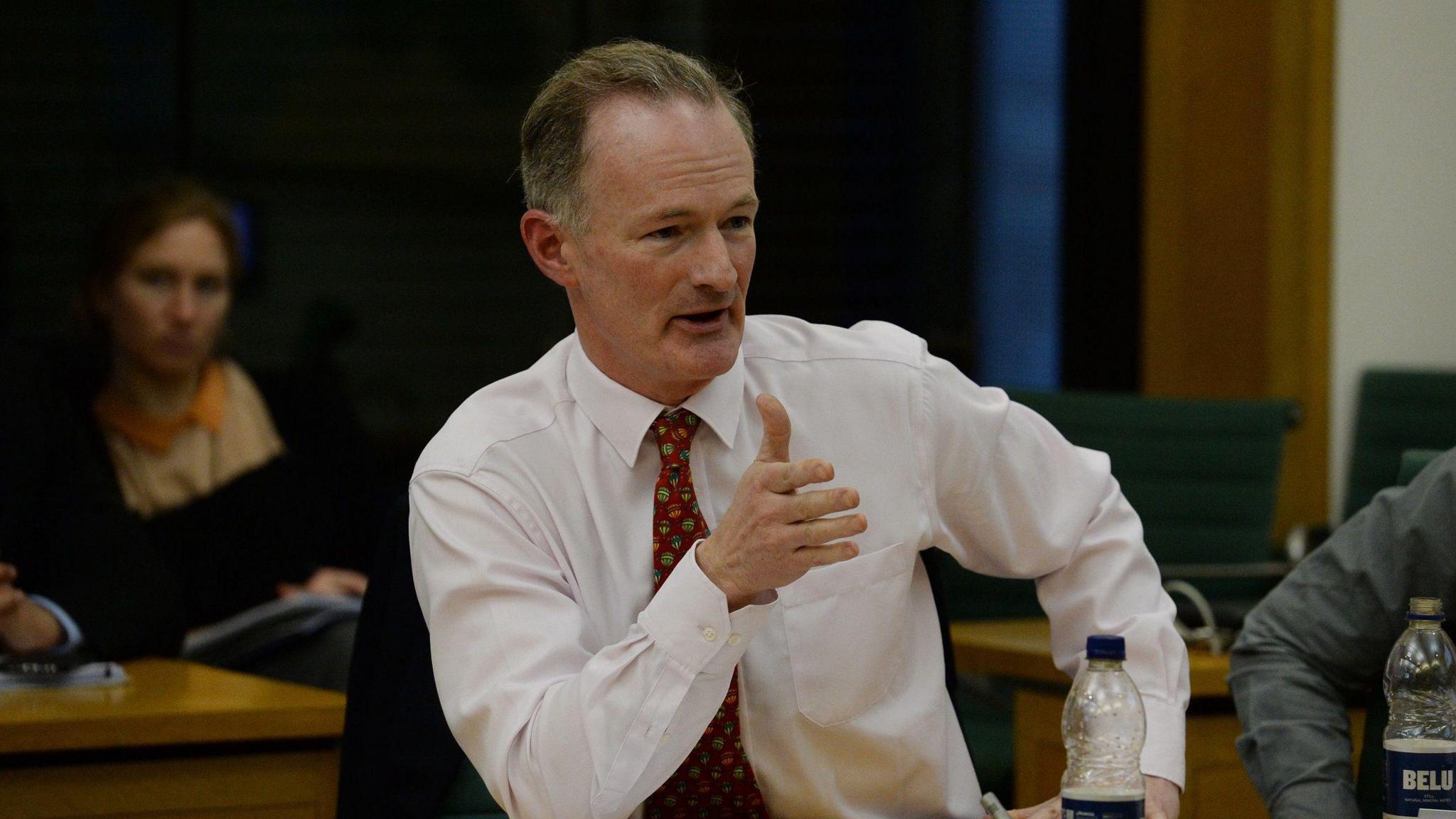
John Penrose believes more police officers are needed to tackle knife crime
John Penrose said his party is pledging more officers.
"The simple answer is we need more police," he said.
"That's one in eight more since 2019. But we need more still and so the Conservatives is pledging to add another 8,000 officers across the country.
"They obviously need to be focused on things like night crime amongst other things."
More education around the dangers of knives is also key, he said.
"I think people sometimes can easily underestimate how dangerous they can be," he said. "Even kitchen knives can be extremely dangerous if if they are misused, or used in the wrong way - so an awful lot of it is about teaching people.
"They start carrying knives for what they see as their own protection. It's something which can backfire - so it starts early, it starts young.
"An awful lot of it can be done through charities, through schools, and just making sure everybody gets the message as early as we can."

David Swain, Reform UK
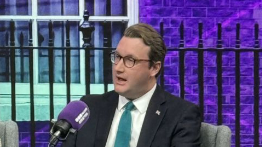
David Swain believes seizing knives from young people will help cut attacks
David Swain said that "rural crime and county lines drug trafficking" disproportionately affects younger demographics.
“The simple answer to this is stop and search," he said.
"Police numbers are not where they should be - Reform has made it perfectly clear that we want to increase the numbers to 300 police per 100,000 across the country.
"Stopping young people on the streets and taking their knives off of them if they possess them is the best way you can help.
"It does require an increase in police numbers which we have not seen in the numbers that we need in recent years."
The party's manifesto states they want to "ensure that police return to the beat". To achieve this they would make "better use of technology" to cutdown on paperwork.
Dominic Tristram - Green
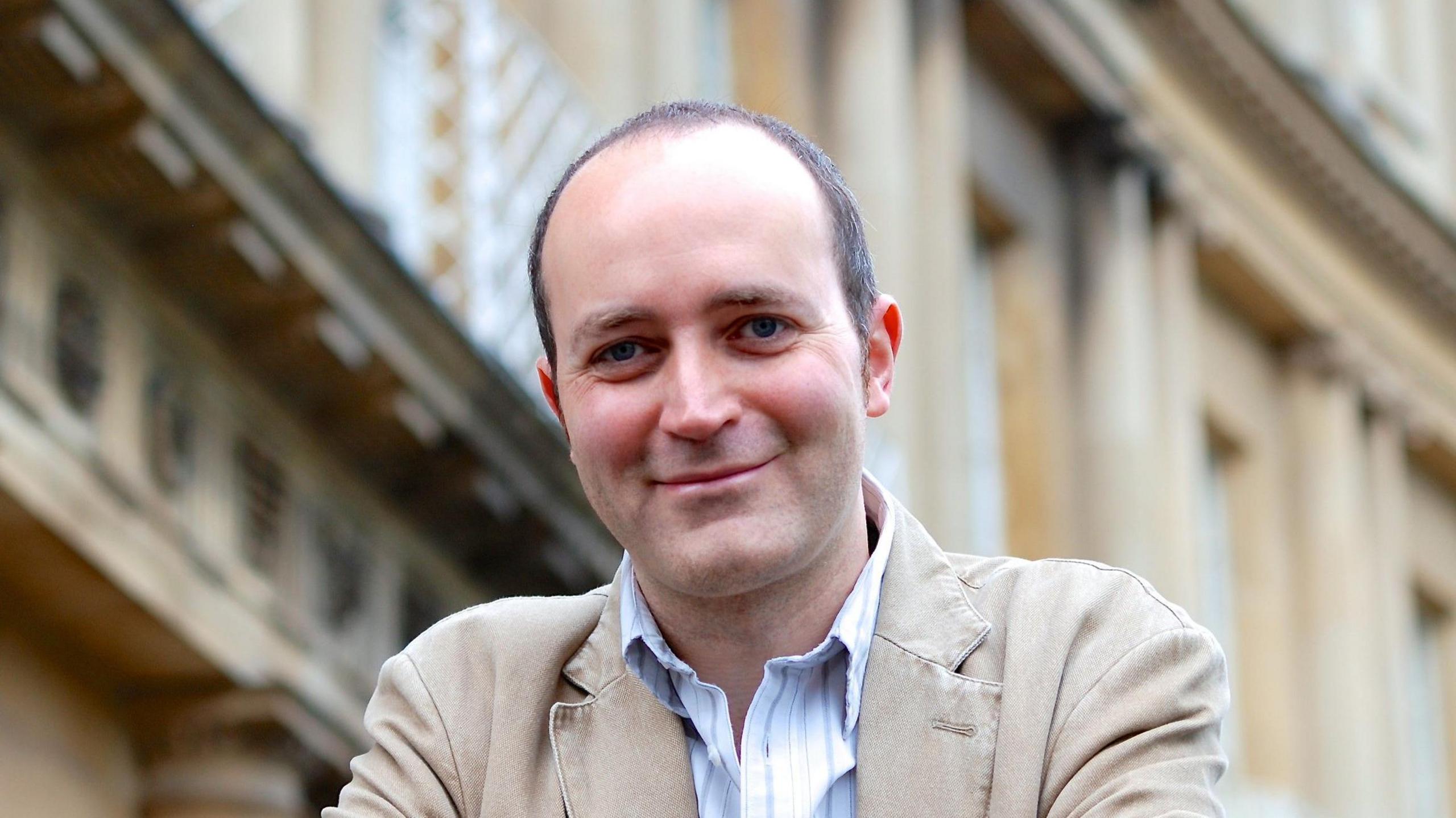
Dominic Tristram believes reviewing the criminalisation of drugs could help reduce knife crime incidents
Dominic Tristram believes a "public health approach to violence" is needed along with consulting on decriminalising drugs.
"If you get more money into prevention, obviously, you're going to make the problem not happen in the first place - it's much better," he said.
"We have to properly fund youth services. I don't think it's a coincidence in the last 10 years youth services have had a 60% cut in funding.
"Previously, many young people had youth centres to go to, they had role models to look up to."
Ten years ago, Glasgow reduced violent crime by 40%, he said.
"They didn't spend any more money," he added. "It was just about re-allocating those resources they had into preventative schemes."
He also argued that "knife crime was linked to drugs and county lines".
Follow BBC Bristol on Facebook, external, X, external and Instagram, external. Send your story ideas to us on email or via WhatsApp on 0800 313 4630.
- Published9 June 2024
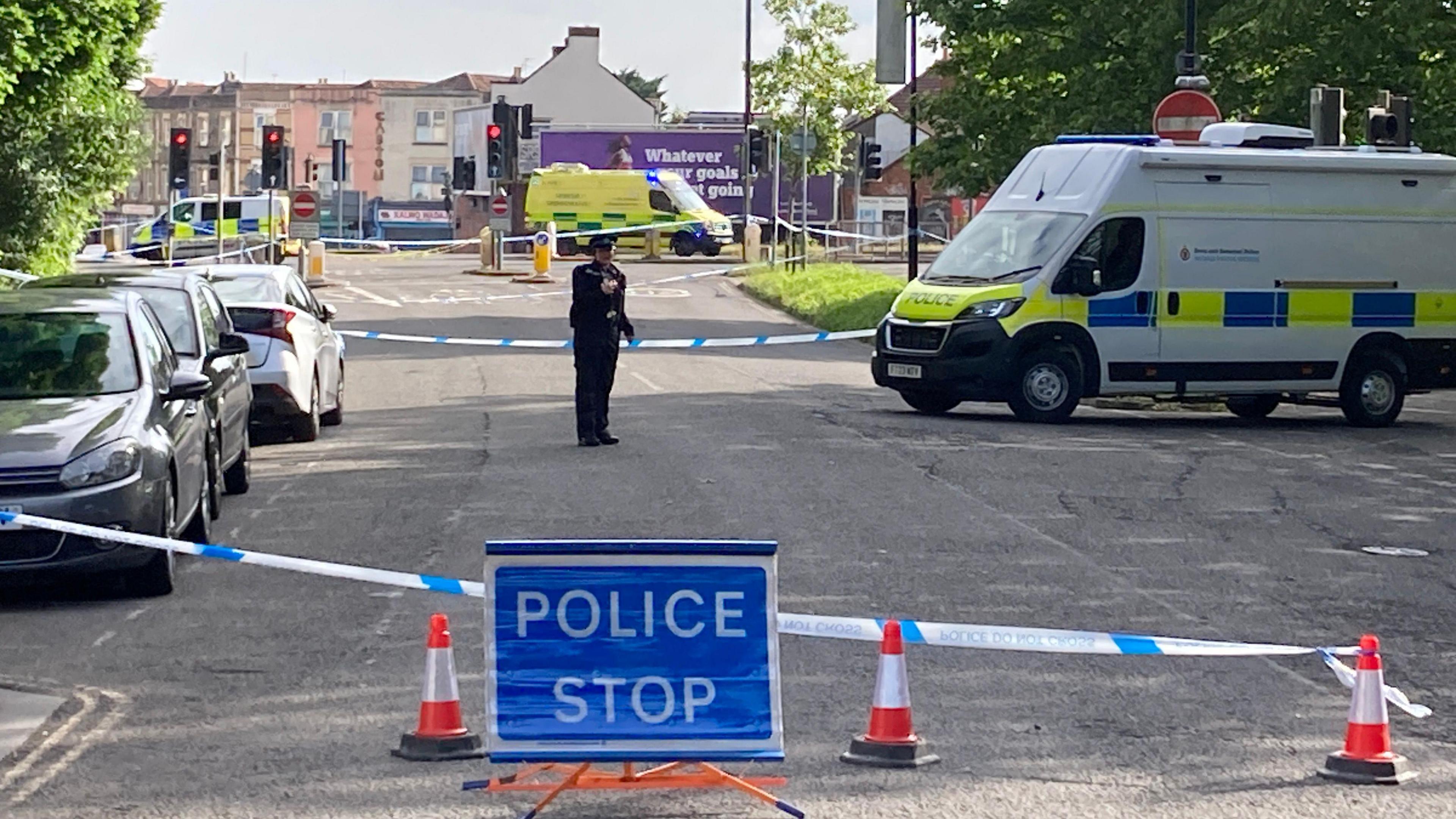
- Published28 May 2024
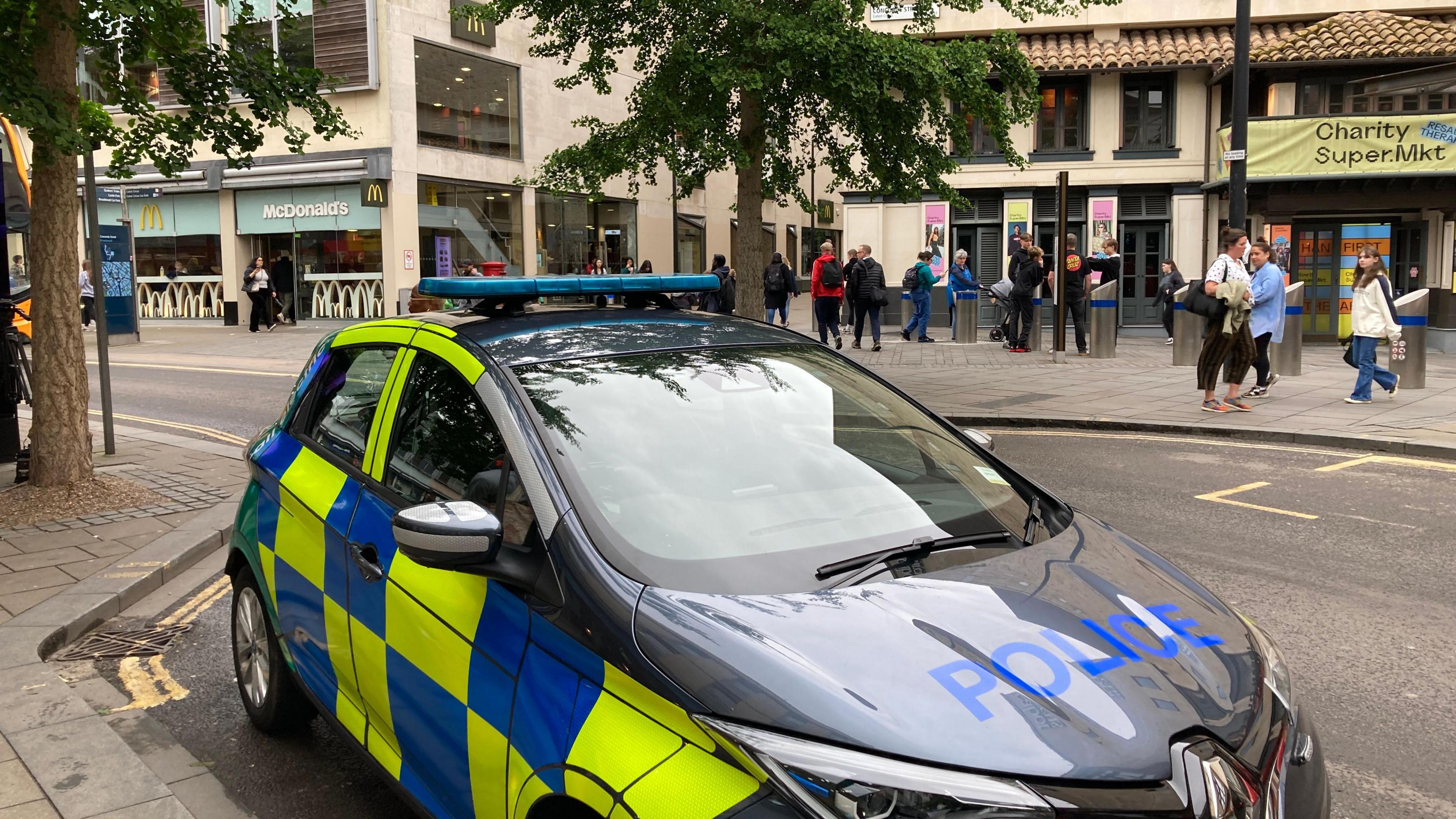
- Published9 May 2024
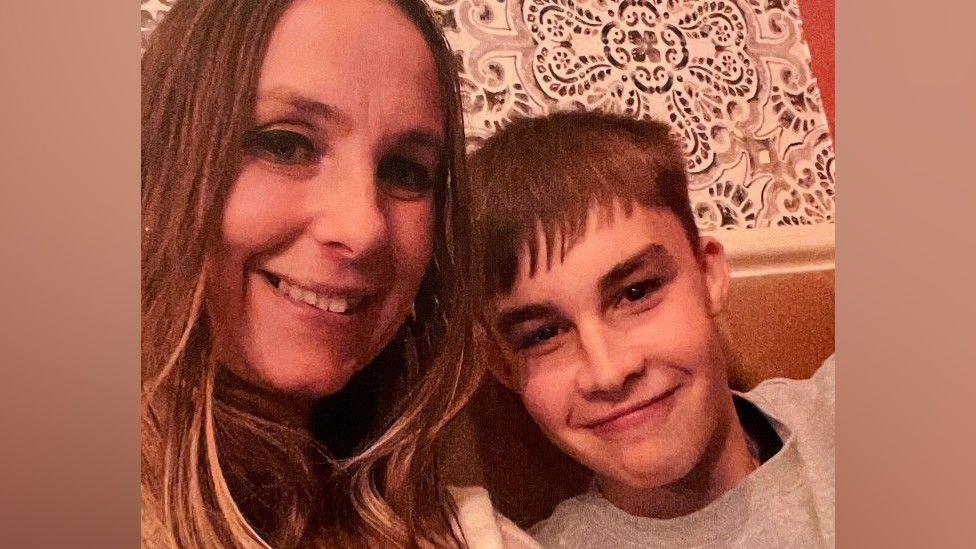
- Published3 June 2024
